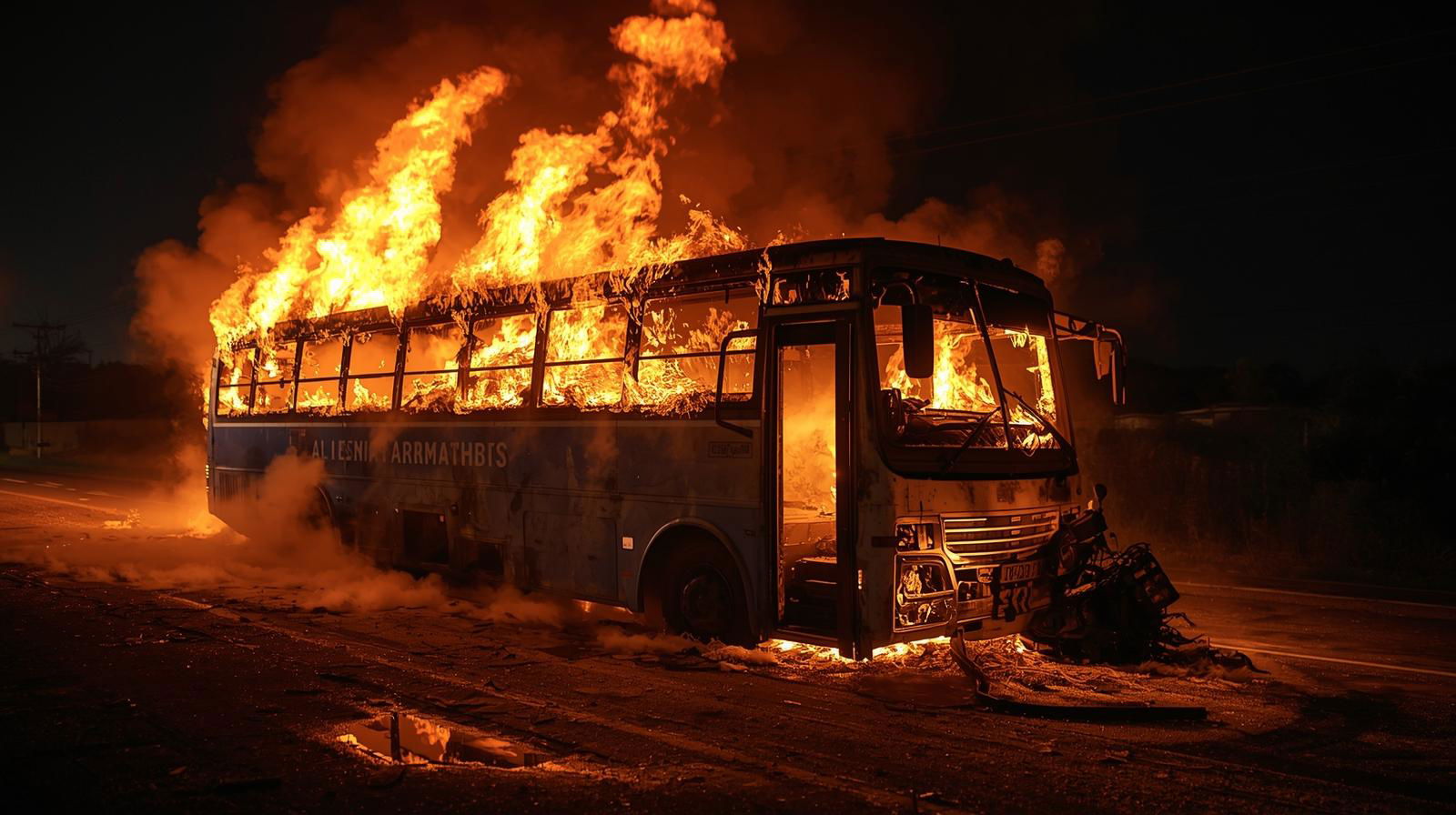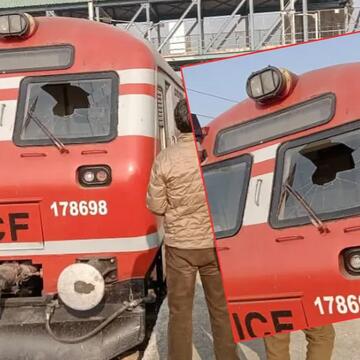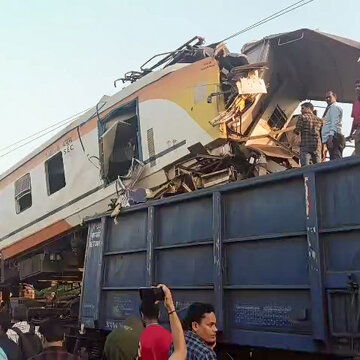The Kaveri Travels sleeper bus that caught fire near Kurnool in the early hours of Friday, killing at least 25 passengers, had 16 pending traffic challans amounting to ₹23,000, according to transport officials in Telangana. The violations were largely linked to overspeeding, despite the vehicle holding all valid fitness and permit documents.
Bus had all permits, yet a troubled record
Officials said the seven-year-old Scania bus (registration number DD01N9490) was registered under the Rayagada Regional Transport Office (RTO) in Odisha on August 8, 2018. It operated under a base tourist permit issued by Odisha authorities, valid till April 30, 2030, and an All India Tourist Permit (AITP) from the Ministry of Road Transport and Highways, valid up to July 31, 2026.
The bus’s fitness certificate, issued by the Daman and Diu transport department, remains valid till March 31, 2027, and its road tax has been cleared through March 31, 2026, officials added. The vehicle was insured under New India Assurance Company, with coverage valid till April 20, 2026.
“Despite full documentation, the vehicle’s driving record raises concerns,” a senior transport department official told The New Indian Express. “We are checking whether any of the overspeeding incidents were reported in the past year and if the operator took corrective measures.”
Kaveri Travels denies negligence
In a statement, Kaveri Travels management dismissed allegations of negligence, attributing the fire to a motorcycle skidding on the rain-soaked road.
“As the biker was travelling at high speed, the burning bike went under the bus, causing flames near the main door and trapping passengers inside,” the company said. The management added that the drivers broke window panes to help passengers escape, claiming that all 40 travellers had valid reservations and travel insurance coverage.
Officials are still examining whether any safety lapses or mechanical faults contributed to the scale of the tragedy.
The Kaveri bus fire has reignited concerns over the enforcement of highway safety rules and monitoring of private operators, particularly those with repeated traffic violations.











